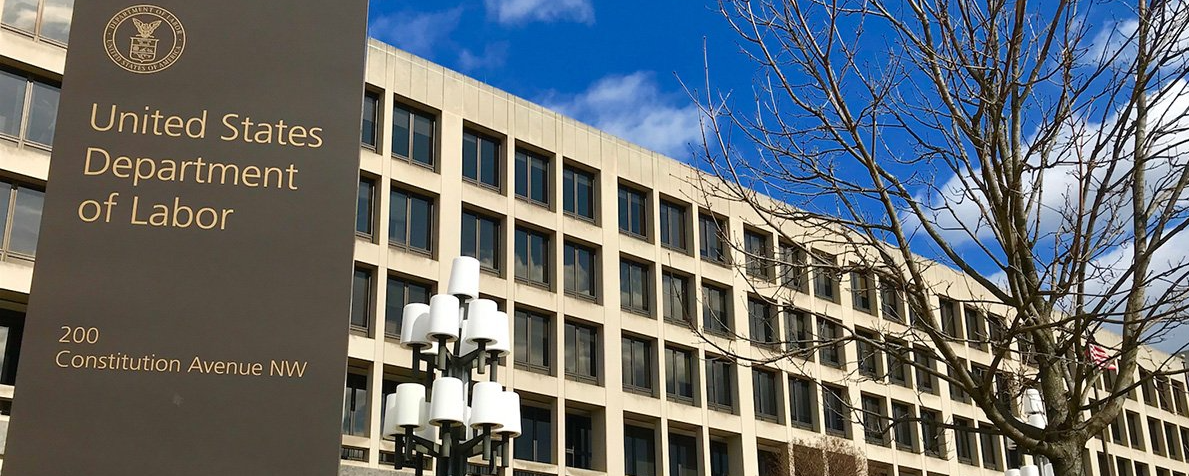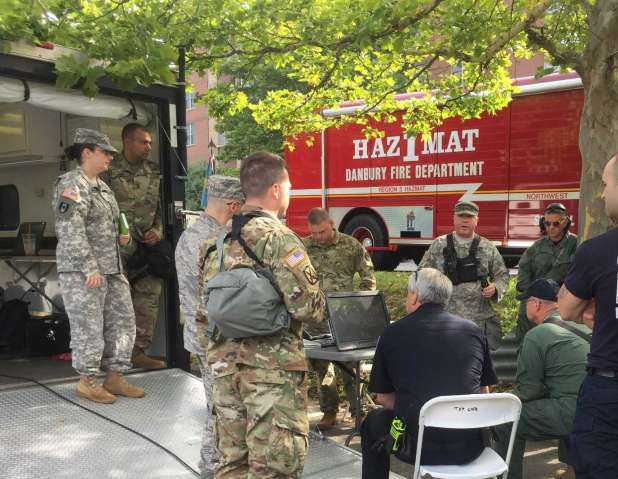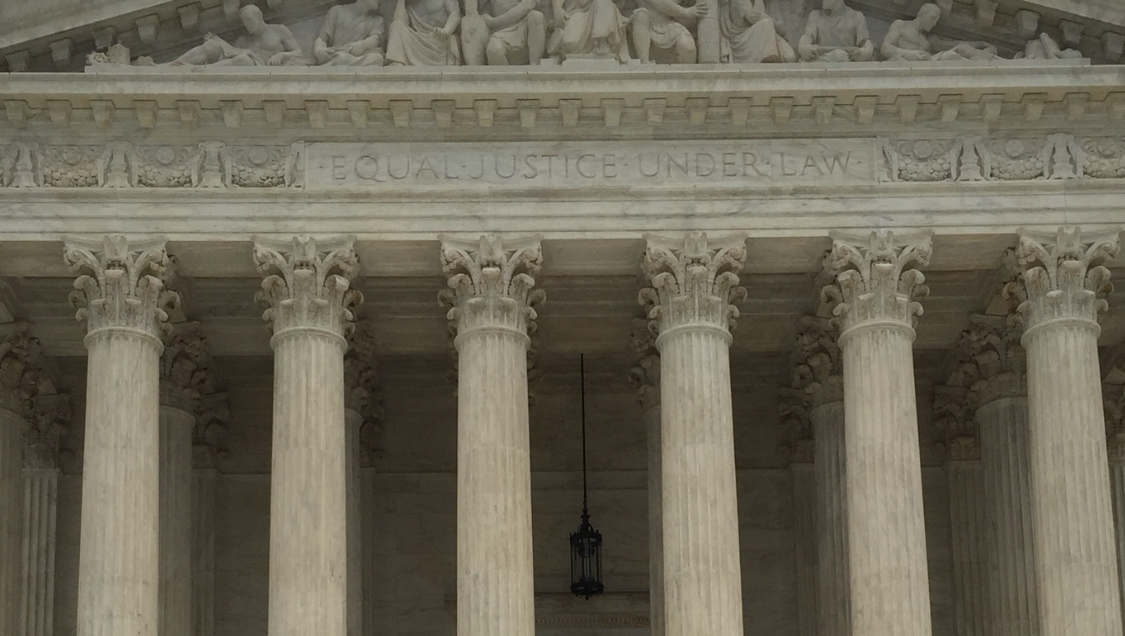Federal Circuit Revives Secret Service Wage Claim
Federal Circuit Revives Secret Service/Diplomatic Security Service Wage and Hour claim
The Federal Circuit on July 19, 2018 revived a U.S. Secret Service special agent’s proposed wage-and-hour class action alleging that he and other agents were shorted on overtime, saying the Office of Personnel Management improperly required that certain hours be worked consecutively to trigger overtime. The decision may also impact pay polices of the Diplomatic Security Service.
The complaint was originally dismissed by the Court of Federal Claims but that decision was reversed with respect to one element of compensation for agents: overtime pay where the agents are required to work two additional hours of overtime on top of their Law Enforcement Availability Pay enhancement. The OPM rule requiring that certain overtime hours be worked consecutively in order for them to be compensable runs counter, according to the court, to Section 5542 of Title 5 of the U.S. Code — a law governing overtime pay.
“Because we find that those challenged regulations are contrary to the unambiguous meaning of the relevant statute, we reverse in part the claims court’s dismissal of Mr. Horvath’s complaint and remand for further proceedings,” the panel said in its decision.
The OPM rule at issue interpreted the statute for overtime pay to mean that any two extra hours had to be worked consecutively to be compensated.
In its ruling, the Court said that the Claims Court was wrong to accept the government’s argument that its interpretation of the law was reasonable and should be afforded deference. “While the text of Section 5542(e) is silent, the rest of Section 5542 suggests that the consecutive-hours requirement is not appropriate,” the panel said. “When the statute refers to periods of hours, it consistently does so in a manner that clearly refers to a cumulative tally of hours, which are not always consecutive.”
Moreover, the panel noted that OPM’s consecutive-hours requirement doesn’t comport with the statute’s legislative history, noting that Section 5542(e) didn’t exist when LEAP was first passed and was inserted later by Congress, which designed it to help people like Secret Service agents.
The Federal Circuit directed the lower court on remand to assess whether class certification is warranted with respect to the claim that agents were denied overtime under OPM’s consecutive-hours rule. What this decision means for current and former agents is that you may be entitled to monetary damages based on the Agency failure to properly compensate you for all overtime worked over the past three to five years. If the court approves the class certification, notices may be posted in field offices or you may receive a notice of class action to opt in to participation in the suit.
Counsel for the plaintiff includes the law firm of Clark Hill, which is national plan counsel for the Law Enforcement Officer Services (LEOS) legal defense plan tailored exclusively for federal employees and federal law enforcement officers. LEOS is designed to proactively represent the interests of federal workers in agency disciplinary, pay, and policy disputes for a monthly plan membership fee. Details of the LEOS plan can be found at www.leosprotection.com .












